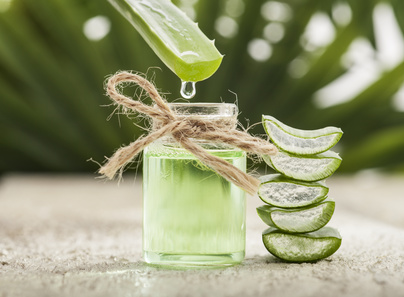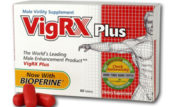The ancient Greeks and Egyptians believed that toxins in the human bowel could build up and rot. While not the most appetizing thought, the idea of auto-intoxication, that it is, the body’s inability to expel toxins, is common, and shrouded in myth.
For the record, the bowel is clean and has an efficient cleansing system. There’s little evidence to show that food rots in the gut and enters the blood stream. Symptoms once believed associated with auto-intoxication, including headaches, fatigue and loss of appetite, are caused by problems of the bowel, rather than toxins from rotting food.
That said, bowel function is not immune to diet and lifestyle. Diarrhea, constipation and abdominal pain are common in developed nations, including Canada and the United States which, not coincidentally, have high rates of obesity. And with colon cancer now the third most common form of cancer on Earth, it’s important to live well, eat right and take care of your body, including your colon.
A natural colon cleanse is a form of detox. You can debate the merits of colon cleansing for fear that toxins will leak from the bowel and poison the body, but there is value to healthy diet, and good circulation.
In other words, colon cleansing is another way to ensure good functioning of the bowel and gastrointestinal system.
Some guidelines before we proceed. It’s advisable to have at least one bowel movement each day. You’ve also heard it’s important to eat plenty of fruits and vegetables, and limit intake of sugar, flour, chemicals and processed foods. Heed this advice. Not just for your colon, but for your health, waistline, and quality of life.
Colon cleansing is a generic term. You’ll find plenty of fasting and fad diets on the internet that promise to rid the body of harmful toxins. Amidst the promises and sometimes questionable evidence, you’ll find several common factors. We’ll summarize them as follows.
A natural colon cleanse consists of:
A colon-cleansing diet – often of water, juices, raw fruits and vegetables (and fasting).
Probiotics – the “good” bacteria that maintain intestinal function.
Psyllium husk and/or flax seed – to absorb water and expand within the colon.
Bentonite clay – for internal cleansing.
An enema – to empty the bowels.
Many systems claim that the bowel is the body’s “sewer system” and that toxins within it can invade the body and cause “diseases”. Again, based in myth and misconception. The bowel is the last stop in the digestion system, and it’s self-contained. There’s no where else to go but out.
Having said that, it’s important to maintain healthy bowel function, whether in the guise of a colon cleanse or not. With their emphasis on fresh, nutrient-packed fruits and vegetables, abstinence from pesticides, tobacco and alcohol, the value in colon cleansing is in the effect such practices will have on your body. You’ll look younger, feel better and probably live longer.
Moreover, there’s a psychological effect to colon cleansing that can’t be denied. If you believe that a natural colon cleanse will purge you of toxins and kick-start your system, it probably will.
Should you choose to perform a natural colon cleanse, speak with your doctor first. Do your research, and understand that colon cleansing is a commitment, of time and energy. Some colon cleanse programs last several weeks.
Be aware, be advised and be ready. Colon cleansing, though veiled in misconception, embraces healthy living habits, and with them, can increase energy, positive outlook and, yes, good bowel function. You’ll probably have fewer IBS symptoms as well.
We protect your privacy, and we use cookies to optimize your experience. Continued use of the website means you accept our Cookie Policy and Privacy Policy.




